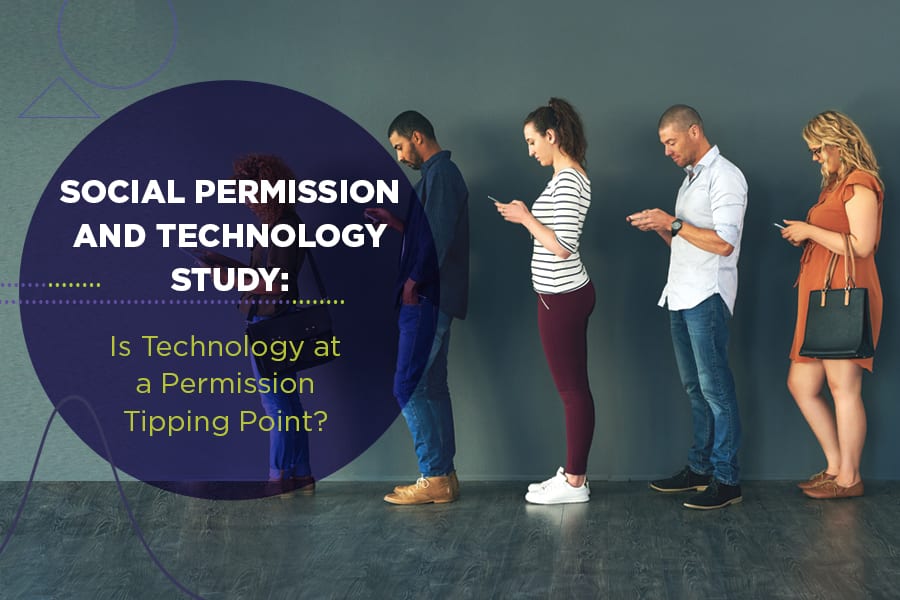Are we consumers of technology? Or are we being consumed by it?
You may be surprised by the answer – it’s not as clean cut as you might expect.

This summer, Ketchum’s Analytics team conducted an online survey of 1,011 U.S. adults, and the results – which we published today as the Social Permission and Technology Study – reveal some fascinating trends in consumer behavior that may give pause to technology companies.
Consumers – even, or perhaps especially, millennial digital natives – are seriously conflicted about the use of technology in their lives. The yin and yang is pretty stark, as this sampling of survey results illustrates:
- While nearly 8 in 10 people (78 percent) believe technology has made their life better in the last five years and 62 percent say its invaluable in their daily lives, almost half (49 percent) wish they were born in a time of less technology.
- Eight in 10 consumers (81 percent) say technology has provided more meaningful long-distance interactions with family and friends, but nearly 6 in 10 (58 percent) say technology is a distraction when spending time together.
As these and other survey answers make clear, we have a serious love-hate relationship with technology. And that may have profound consequences for technology companies who may face disruption from disgruntled consumers who – in another contradictory revelation – companies believe are their biggest fans.
Our take on the survey is that we may be on the precipice of the Age of “Techruptors,” tech-savvy, early adopters who have embraced technology in their work and personal lives, but who are also frustrated by both its ubiquity and its limitations.
While Techruptors – who comprise about a third of the population (38 percent) – consume more tech products and services than the general population, they are concerned about the speed that technology is developing (67 percent) and are more likely than the general population to think further legislation around data privacy is needed (85 vs. 91 percent, respectively).
All of which begs the question: Do consumers really use technology because they love it so much? Or do they have no choice but to embrace it if they want to remain functioning members of society? And is there a tipping point in their acceptance of technology’s flaws in return for its benefits?
Regardless, tech companies that may have taken the early-adopting, Millennial digital natives for granted need to sit up and take notice. Or, perhaps sooner than they may expect, be prepared for a backlash as they reach a permission tipping point.
Based on the findings from the Social Permission and Technology Study, combined with communications best practices, it is clear to us that brands must take some proactive steps to understand and adapt to potential Techruptors. For example:
- Don’t underestimate their power and reach.
Yes, technophiles may adore your products, but if problems arise they’ll be the first to push for change. And, given their proclivity for social media, they won’t be shy about sharing their opinions with the world. - Ease up on the legalese.
Interestingly, our survey found that while 78 percent of consumers are uncomfortable with companies selling their data, more than half (54 percent) agree to privacy terms without reading them thoroughly. Whether they sign off or not, consumers will loudly voice their displeasure with companies who appear to be hiding behind complicated legal statements rather than communicating and living by their values. - Give them a voice (literally).
Some of the biggest and most successful tech brands today are also the most secretive and hardest to reach. From live customer support to the simple act of listening and incorporating feedback, technology brands must build direct human relationships with their audiences to truly understand them.
Individuals are trying mightily to navigate the fine line between the pros and cons of technology. By understanding their concerns, and engaging them in the dialog, there’s a good chance potential Techruptors will remain advocates for your brand.
Let us know how we can help.



